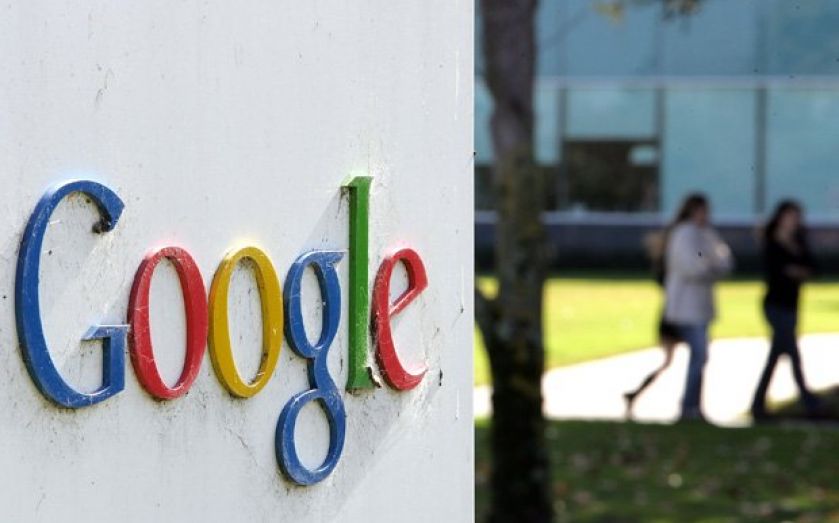Is News Corp right that Google’s internet dominance is damaging?

Carl Miller, research director at the Centre for the Analysis of Social Media at Demos, says Yes.
Google: Gmail, Chrome, Google+, Search, all free. It gives us a suite of brilliantly useful products that almost all of us use daily. What’s not to like?
That’s the problem. Day-to-day, everything is convenient and free. We treat Google like a neutral utilities supplier, a benevolent part of the internet’s infrastructure.
It isn’t, and we have no right to expect it to be. Google is a window into the digital world that cares about what you find: its products, affiliates, and sponsors. When you use a product, you produce valuable data and usually make the product itself better.
In search, where Google has 90 per cent of the EU market, no one can compete. This is a world of self-reinforcing market share, and you’re the product.
All of this harms those basic things we value in a market: choice, competition, and the power of consumers. With issues like privacy and data use looming, these have never been more important.
Charlotte Bowyer, a digital policy researcher at the Adam Smith Institute, says No.
It’s true that Google’s size makes issues such as user privacy, data scraping and the make-up of its search algorithms a concern. However, this doesn’t, on balance, mean that Google's dominance is a bad thing.
Its share of the search market was achieved against fierce competition, suggesting nothing more sinister than a superior service. It has also mastered the art of creating valuable, additional products from data that users are happy to provide. This allows it to offer deep, tailored and useful services which add value to our online experience.
And while presenting Google Maps at the top of a search result might reduce traffic to certain sites, it’s hard to see it as detrimental to users’ needs.
Indeed, many of the criticisms News Corp levels against Google stem from its own struggle to achieve a successful online business model. Issues of intellectual property shouldn’t be conflated with the question of market abuse.